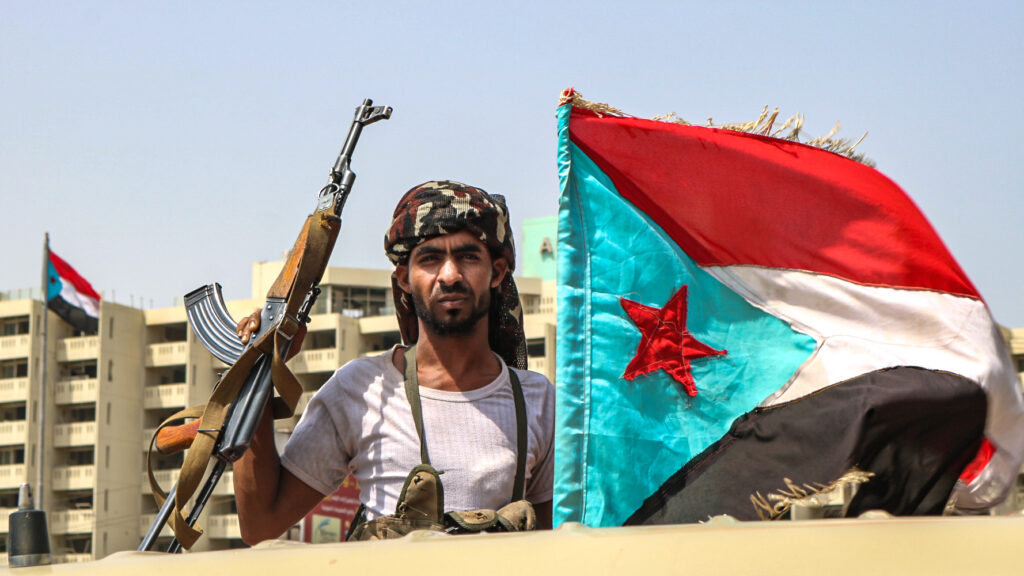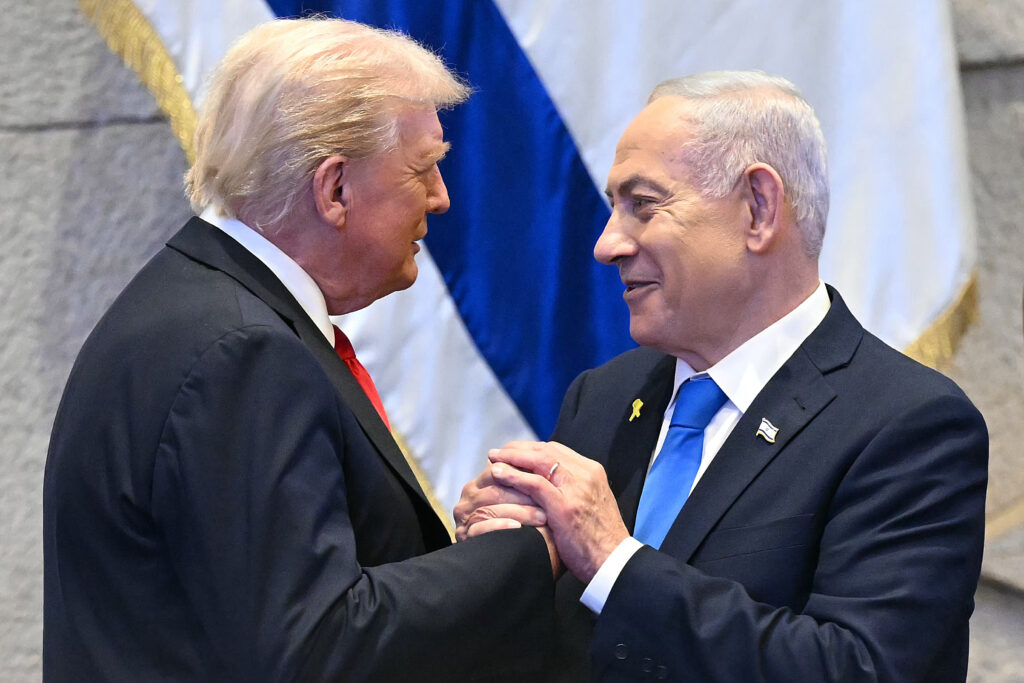Saudi-led coalition warns of intervention against Yemen separatists
The Saudi-led coalition warned Saturday it would back Yemen’s government in any military confrontation with separatist forces, as Riyadh urged them to withdraw “peacefully” from recently-seized provinces.The statements came a day after reported Saudi air strikes on separatist positions in Yemen’s Hadramawt province — and after Washington called for restraint in the rapidly escalating conflict.General Turki al-Malki, the spokesman for the coalition, warned of intervention if efforts to de-escalate the situation failed because of the separatists’ actions.”The coalition forces affirm that any military movements undermining these efforts will be dealt with directly and immediately to protect civilian lives,” he said, according to the Saudi news agency SPA.He emphasised the coalition’s support for the internationally-recognised Yemeni government and called on all parties to “bear national responsibility, exercise restraint, and respond to efforts for peaceful solutions”, SPA reported.Saudi Defence Minister Khalid bin Salman posted on X that troops from the separatist Southern Transitional Council (STC) should “peacefully hand over” two regional governorates to the government.”It’s time,” he posted, “at this sensitive moment, to let reason prevail by withdrawing from the two provinces and doing so peacefully.”The STC had warned on Friday that they were undeterred after strikes blamed on Saudi Arabia hit their positions, in the latest escalation since they seized large swathes of territory in the Hadramawt and Mahrah provinces.There were no immediate reports of casualties in the strikes.In recent weeks the UAE-backed STC, which seeks to revive the formerly independent state of South Yemen, swept through swathes of the country, expelling other government forces and their allies.Since the takeover, supporters of the separatists have been gathering regularly in cities including Aden to demand they declare independence, with the largest rallies taking place every Friday.On Saturday, hundreds of Yemeni tribesmen gathered in Aden to ask the STC’s leaders to announce the independence of South Yemen, according to the separatist-affiliated Aden Independent Channel. The channel aired footage of a large crowd marching and waving the South Yemen independence flag alongside the UAE’s flag.Experts say their successes have embarrassed regional heavyweight Saudi Arabia, the main backer of the internationally-recognised Yemeni government.Farea al-Muslimi, from the Chatham House think tank in London, told AFP that the STC had crossed Riyadh’s “red lines” and that the situation could quickly get worse.”It is one bad thing to humiliate Saudi Arabia. And it is another much worse thing to humiliate Saudi Arabia publicly. And that’s exactly what they did,” he said.- US urges restraint -In Washington, US Secretary of State Marco Rubio said: “We urge restraint and continued diplomacy, with a view to reaching a lasting solution.”Following Friday’s raids, Yemen’s government urged the Saudi-led coalition to support its forces in Hadramawt, after separatists seized most of the country’s largest province.The government asked the coalition to “take all necessary military measures to protect innocent Yemeni civilians in Hadramawt province and support the armed forces”, the official Yemeni news agency said.A Yemeni military official said on Friday that around 15,000 Saudi-backed fighters were amassed near the Saudi border but had not been given orders to advance on separatist-held territory.The areas where they were deployed are located at the edges of territory seized in recent weeks by the UAE-backed STC.Separatist advances have added pressure on ties between Saudi Arabia and the UAE, which support rival groups within Yemen’s government.The government is a patchwork of groups that includes the separatists, and is held together by shared opposition to the Iran-backed Houthis.The Houthis pushed the government out of Yemen’s capital Sanaa in 2014 and secured control over most of the north.On Friday, the UAE welcomed Saudi efforts to support security in Yemen, as the two Gulf allies sought to present a united front despite backing different sides in the fighting.


